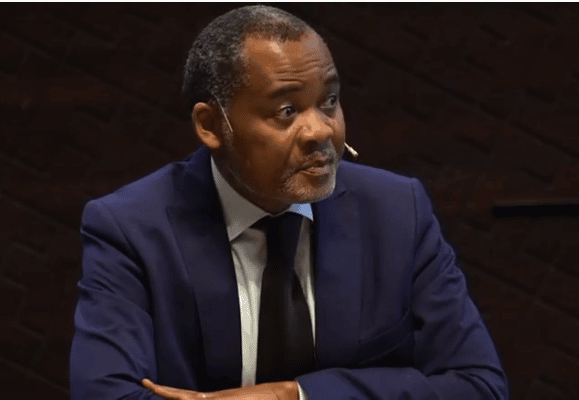The push to establish an International Anti-Corruption Court has received another major boost. Prominent world leaders declared their strong support for the new institution during the World Justice Forum at the Peace Palace in The Hague.
One official went a step further by voicing his strong support for whistleblowers and their role in exposing corruption.
“The court would bring hope to many who might be losing hope – such as whistleblowers, who are the daily victims of pressures and humiliations orchestrated by the global and local architects of grand corruption,” said Jean-Pelé Fomété, deputy registrar of the International Court of Justice, speaking in his personal capacity. “Many such whistleblowers are currently [serving] prison sentences rendered by judicial institutions controlled by corrupt leadership.”
“The International Anti-Corruption Court is an idea whose time has come,” Fomété said. “The momentum is there that it will represent the hopes of millions of people across the globe – people whose legitimate aspirations for development are killed on a daily basis by the acts of the few.”
The campaign to set up the court was begun by U.S. Federal Judge Mark Wolf, who has spent decades prosecuting and adjudicating corruption cases in Boston. “It’s the right thing to do for brave people who are dedicated to combating corruption,” Wolf said at the Forum. “I feel the compulsion to be relentless. The world needs it.”
Opening the June 1 event at the Peace Palace was Dutch Foreign Affairs Minister Wopke Hoekstra, whose country is championing the court. “Corruption is an assault on the very fabric of society. This disease is continuing to spread,” he said. “Money that could go to teachers or schools disappears in secret bank accounts and offshore companies. The court would be a serious step in the right direction. It will safeguard what is most dear to us: the rule of law.”
“The moment the court is established, it will be preventive,” said Hans Corell, former UN Under-Secretary-General for Legal Affairs under Kofi Annan and Boutros Boutros-Ghali. “The kleptocrats will start understanding and are going to be careful.”
Closing the session was a powerful statement by the sister of murdered Maltese journalist Daphne Caruana Galiza.
“There seems to be a concern that the court would take too long and be too expensive. I don’t see those as arguments against the court,” said Corinne Vella, who works at a foundation that bears Galiza’s name. “Death is forever. My sister was killed because she uncovered corruption.”
“When you are considering how expensive it would be to run the court, think how expensive it is to not have it,” Vella said to great applause. “Corruption doesn’t just allow people to die, it actually kills them. And that’s a price nobody should have to pay.”
